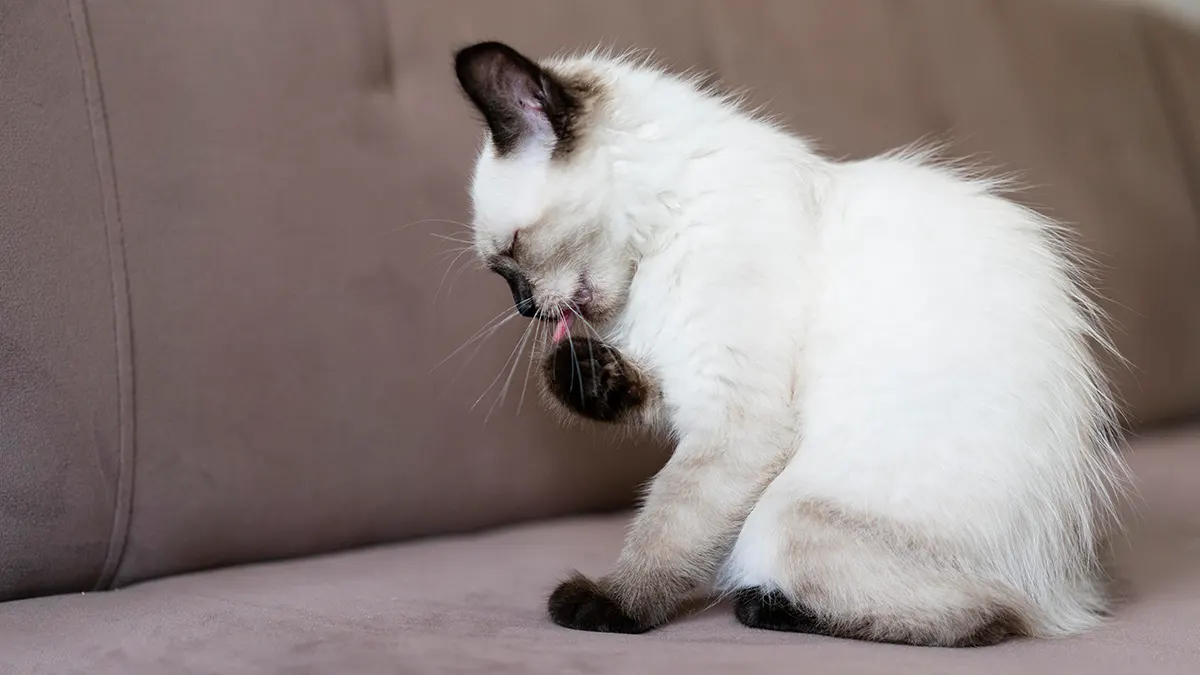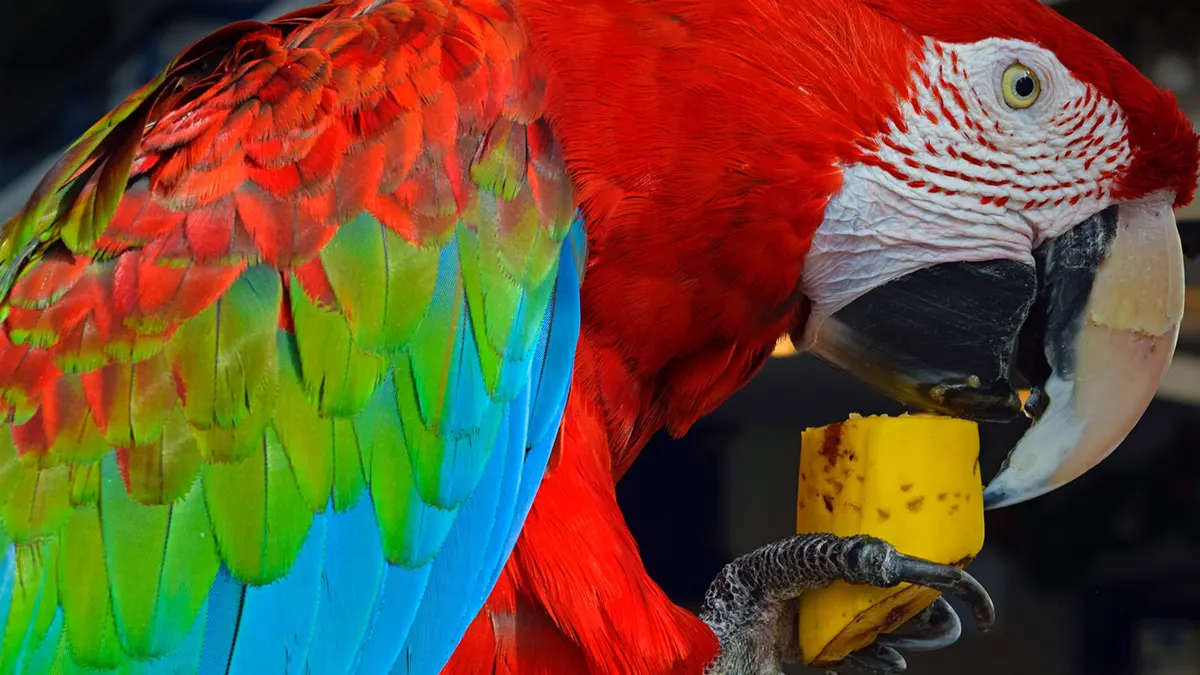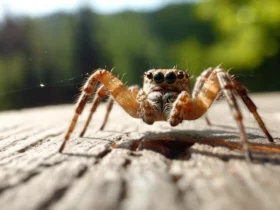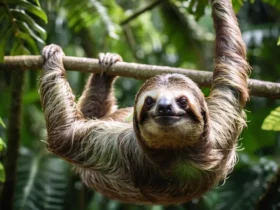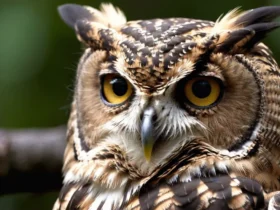If you’ve ever asked yourself, “What do pet parrots eat?” you’re not alone. As a parrot owner or someone considering adopting one, it’s crucial to understand their dietary needs. Parrots are not just colorful companions; they require a well-rounded diet to thrive. This guide will cover everything you need to know about what pet parrots eat, ensuring your feathered friend stays healthy and happy. Let’s dive into the essentials !
Table of Contents
Understanding Parrot Diets: What Do Pet Parrots Eat?
1. The Basics of a Balanced Diet
So, what do pet parrots eat? A balanced diet is essential for their health. Here are the key components:
- Pellets: The cornerstone of a parrot’s diet, pellets are specially formulated to provide all the essential nutrients your parrot needs. Brands like Kaytee offer high-quality pellets tailored for different species. Aim to make pellets about 70-80% of their daily food intake.
- Fresh Fruits and Vegetables: Fruits and veggies add variety and essential vitamins. Parrots enjoy colorful options, which can be both fun and nutritious. Here are some favorites:
- Apples (with seeds removed): Rich in fiber and vitamin C.
- Carrots: Packed with beta-carotene for healthy vision.
- Spinach: High in iron, but serve in moderation due to oxalic acid.
- Bell Peppers: Excellent source of vitamin C.
- Berries: Antioxidants galore!
2. Frequently Asked Questions About Parrot Diets
When exploring “What do pet parrots eat?” you’ll encounter various common questions. Here are some key ones answered:
What Fruits and Vegetables Are Safe for Parrots?
Not every fruit or vegetable is suitable for your feathered friend. Stick to safe options and avoid toxic foods. Safe fruits and vegetables include:
- Mango: A delightful treat loaded with vitamins.
- Blueberries: Low in sugar and high in antioxidants.
- Broccoli: Nutrient-rich and loved by many parrots.
- Sweet Potatoes: A healthy and hearty choice.
How Often Should I Feed My Parrot?
Most parrot owners wonder how often they should provide food. A good practice is to feed your parrot fresh food daily while leaving pellets available all the time. Remove uneaten fresh food after a few hours to maintain freshness.
Can Parrots Eat Bread?
If you’re asking, “What do pet parrots eat?” you might consider offering bread. While whole-grain bread can be given in small amounts, it should not replace a balanced diet. Always ensure the bread is free from preservatives.
3. Dietary Needs by Parrot Species
Different species have unique dietary requirements. Here’s a breakdown:
- Cockatiels: Enjoy a mix of pellets and seeds, supplemented with leafy greens and fruits. They thrive on variety!
- African Grey Parrots: These intelligent birds need a high-fiber diet rich in fruits and vegetables to support their mental health.
- Macaws: They require more fat in their diet, so nuts and seeds are beneficial, alongside a variety of fruits and vegetables.
4. Fresh Water is Essential
When considering “What do pet parrots eat?”, remember that water is vital. Always provide fresh, clean water daily. Changing the water frequently helps prevent contamination, as parrots can be messy eaters.
5. The Risks of Human Food
While you might be tempted to share your food, many human foods can be harmful to parrots. Here are foods to avoid:
- Caffeine: Toxic to birds; avoid coffee and tea.
- Alcohol: Even small amounts can be dangerous.
- Processed foods: High in salt and sugar, these can lead to health problems.
- Chocolate: A definite no for parrots!
6. Treats and Rewards
Healthy treats can enhance your bond with your parrot. Great options include:
- Dried fruits: Offer in moderation, as they can be high in sugar.
- Nuts: Unsalted varieties make excellent occasional treats.
- Cooked grains: Quinoa or brown rice can be nutritious and enjoyable.
7. Supplementing with Vitamins
While a well-balanced diet should meet most of your parrot’s nutritional needs, some may benefit from vitamin supplements. Consult your veterinarian to determine if your parrot requires specific supplements.
8. Monitor Your Parrot’s Weight
Regularly check your parrot’s weight to prevent obesity, which can lead to various health issues. Make sure they are receiving the right amount of food and exercise by providing toys and playtime.
Conclusion
Understanding “What do pet parrots eat?” is essential for any bird owner. By providing a balanced diet of high-quality pellets, fresh fruits and vegetables, and occasional treats, you can ensure your parrot lives a long, happy, and healthy life. Each species has unique dietary needs, so tailor their meals accordingly. With the right knowledge and care, your feathered friend will thrive!



